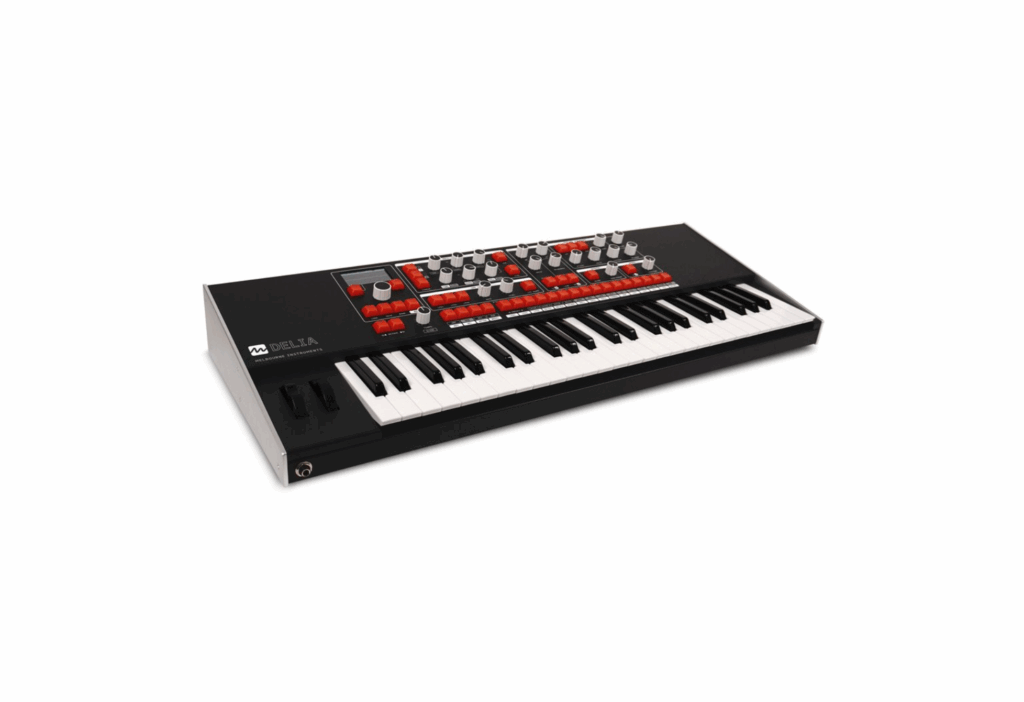Moog Music has dropped a genuinely accessible synthesis education series that ditches the jargon and starts from square one.
Synthesising with Moog is a seven-part video course that makes learning synthesis feel creative and approachable, not intimidating and technical.
Catch up on all the latest news here.
Hosted by Chris Miller, Moog’s product specialist, the series kicks off with “Listening,” an episode that explores the origins of electronic music through twentieth-century history before delving into modular design and voltage control. From there, it unpacks how sound is created in the air, what speakers actually do, how our ears work, and how our brains perceive sound. Listening, as the episode establishes, forms the foundation of any musical practice.
What makes this series stand out is its approach. It’s accessible, engaging and rather than promoting specific Moog gear, the content covers synthesis fundamentals that apply to any instrument (although the series features Moog’s newest synthesiser, Messenger, alongside vintage Moog instruments and electronic gear). Each episode explores foundational concepts like oscillators, dynamics, and psychoacoustics.
Shot in Berlin and created entirely by Moog’s team of electronic musical instrument experts, the production quality matches the ambition. The series channels the accessible, curiosity-driven spirit of Carl Sagan and classic PBS programming. It’s the kind of educational content that makes complex concepts feel natural rather than overwhelming. This marks Moog’s first structured, free educational offering at this scale.
New episodes arrive every Wednesday, each accompanied by downloadable worksheets for hands-on practice. The series assumes zero prior knowledge while still delivering substance that intermediate players will appreciate.
The first episode is now live on Moog’s platforms, with the remaining six episodes rolling out weekly. For anyone who’s ever felt intimidated by synthesis or struggled with jargon-filled YouTube tutorials, this structured approach might be exactly what you’ve been waiting for.
For more information, check out Moog here. For local enquiries, head here.







